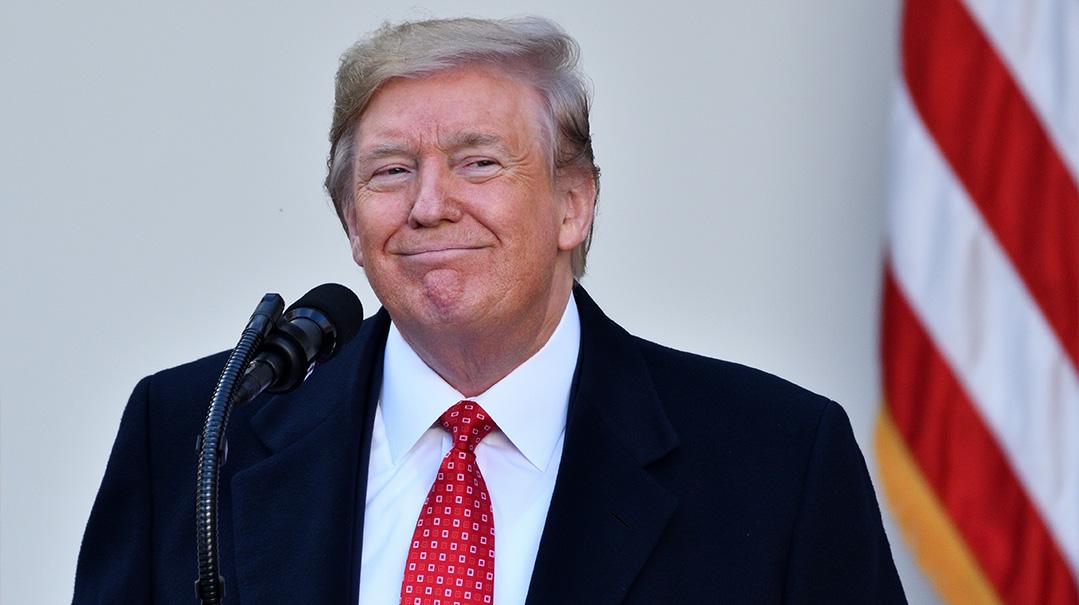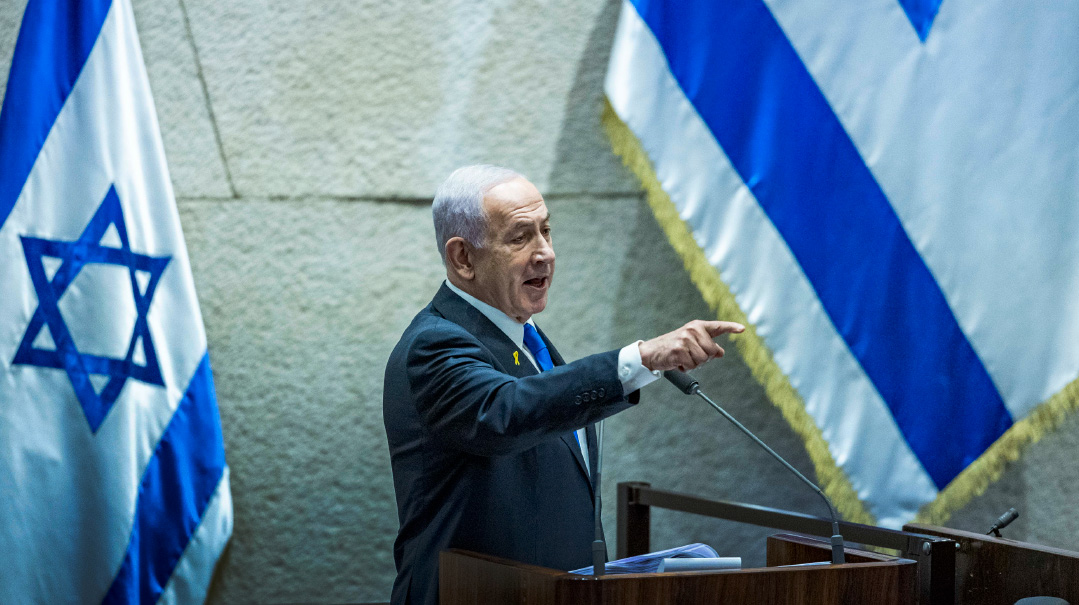Texas Primary Not a Referendum on Trump

2020 election wasn't stolen, but voting must be secured

P
olitical enthusiasts hoping for clarity from the opening day of the 2022 primary season as to whether Donald Trump still holds a vise-like grip on the Republican Party will have to cool their jets.
While virtually every candidate Trump endorsed in the March 1 Republican primary in Texas won, Republican voter turnout averaged a measly 10.9% compared to the 66% of Texans who voted in the 2020 presidential election.
No pollster worth his salt would extrapolate a mandate for or against anyone from a 10% turnout.
Trump is still in suspense over one major Texas race. Attorney General Ken Paxton, whom Trump enthusiastically endorsed, despite Paxton’s scandal-ridden career, faces a May 24 runoff versus George Prescott Bush, the son of former Florida governor Jeb Bush. You can be certain that George P. would love nothing more than to exact political revenge on Trump, who hounded his father out of the 2020 presidential race, taunting him with the nickname “low-energy Jeb.”
One other Texas race with national implications is heading for a showdown in a runoff, with Democratic progressives ecstatic over the performance of Jessica Cisneros, who ran neck-and-neck with conservative Democrat Henry Cuellar in the 28th Congressional District, parts of which adjoin the US-Mexican border. The superstar of the Democratic progressive movement, Rep. Alexandria Ocasio-Cortes (D-NY), is a vocal Cisneros backer.
Cuellar, a ten-term incumbent, recently joined the newly formed Congressional Caucus for the Advancement of Torah Values, founded by Dirshu Nasi Rabbi Dovid Hofstedter to advocate on behalf of Torah values in the corridors of American power and beyond. Cuellar edged out Cisneros by less than 2%, but a third candidate won more than 4% of the vote, and Cisneros is favored to pick up most of that support in the runoff, putting Cuellar in jeopardy.
Once again, the primary, even with its minuscule turnout, was plagued by voting irregularities. In Houston, Harris County election officials did not meet a new state deadline that required them to count all ballots within 24 hours of the polls’ closing. Election officials blamed voters for mishandling paper ballots, making them difficult to scan. Harris County Republican Party chair Cindy Siegel issued a news release blaming the tardy count squarely on election officials, who in some cases delivered incorrectly sized ballots to certain polling stations; on voting machines that were not operational or were delivered late; and on inadequately trained election workers.
Setting Bad Precedents
As a subordinate once told me many years ago when explaining his chronic lateness to work, “There is always a reason, but there’s never an excuse.”
There is no excusing such basic incompetence in America’s second-largest state, and unfortunately, the problem isn’t unique to the Lone Star State.
Much of the liberal media have lulled citizens into the false belief that anxieties about voter fraud, or sloppy procedures, are a figment of Donald Trump’s imagination. But in January, the editorial board of the Wall Street Journal noted that while “the 2020 pandemic election” (as they called it) wasn’t stolen, it was a “super-spreader of bad precedents.”
The syndrome was first diagnosed after the 2000 presidential election when hanging chads on Florida’s punch-card ballot made several hundred crucial ballots unreadable. It took the Supreme Court to decide the election for George W. Bush over Al Gore.
In the aftermath, a Commission on Federal Election Reform led by former president Jimmy Carter, a Democrat, and former secretary of state James Baker, a Republican, published a list of 87 recommendations to cure widespread problems plaguing election integrity. These included the need for a universal voter registration system under which the states, and not local jurisdictions, would be responsible for the accuracy of voter lists, and a uniform system of voter identification based on the development of a Real ID, which proved to be a controversial notion, even though it would have contained no more information than what currently appears on Israel’s standard national identity card, or teudat zehut, carried by everyone above age 17.
“We require photo identification to board a plane, to cash a check, or buy beer,” wrote Thor Hearne, explaining his support for the Real ID in a recent article for Real Clear Politics. Hearne also served as legal counsel and advisor to the Carter-Baker commission.
However, Democrats (mainly) have voiced concerns over photo IDs. Those with a more conspiratorial mindset call it a Republican plot to place obstacles in the path of likely Democratic voters. More sober analysts, including Spencer Overton, a professor at the George Washington University Law School and a dissenting voice on the Carter-Baker commission, contended the requirements for the Real ID were “extreme” and “would prevent eligible voters from proving their identity with even a valid US passport or a US military photo ID card.
Follow the Money Trail
The Wall Street Journal’s critique of elections went far beyond voter identification. They fret more about “huge private money that underwrote official government voting efforts in 49 states where elections are underfunded.”
They singled out Facebook’s Mark Zuckerberg, who set up a nonprofit called the Center for Tech and Civic Life, which donated $350 million to nearly 2,500 election offices in the course of the 2020 campaign.
As Thor Hearne noted in his article for Real Clear Politics, the funds were used in Michigan “to increase mail-in voting, remote drop boxes, and other measures that increase opportunity for ballot harvesting.”
“Conveniently,” added Hearne, “none of the money donated by Zuckerberg was reported because he did not donate directly to the Democrat party or the Biden campaign.”
The Wall Street Journal observed that some states, including Georgia, Arizona, and Florida, have already moved to prohibit donations to election offices. However, Democratic governors in Wisconsin, Pennsylvania, and North Carolina have blocked bans or restrictions to some extent.
North Carolina governor Roy Cooper took a more nuanced stance, saying that private funds “were needed in 2020 to pay for masks.” He told lawmakers to “start properly funding elections boards,” which “would end the need for grants.”
We have a long way to go to restore integrity in elections. It’s a chronic problem and it’s important to keep in mind that many of the question marks surrounding recent elections, and how results are processed, did not start with Donald Trump, and won’t end even if he steps away from the political stage.
(Originally featured in Mishpacha, Issue 902)
Oops! We could not locate your form.







